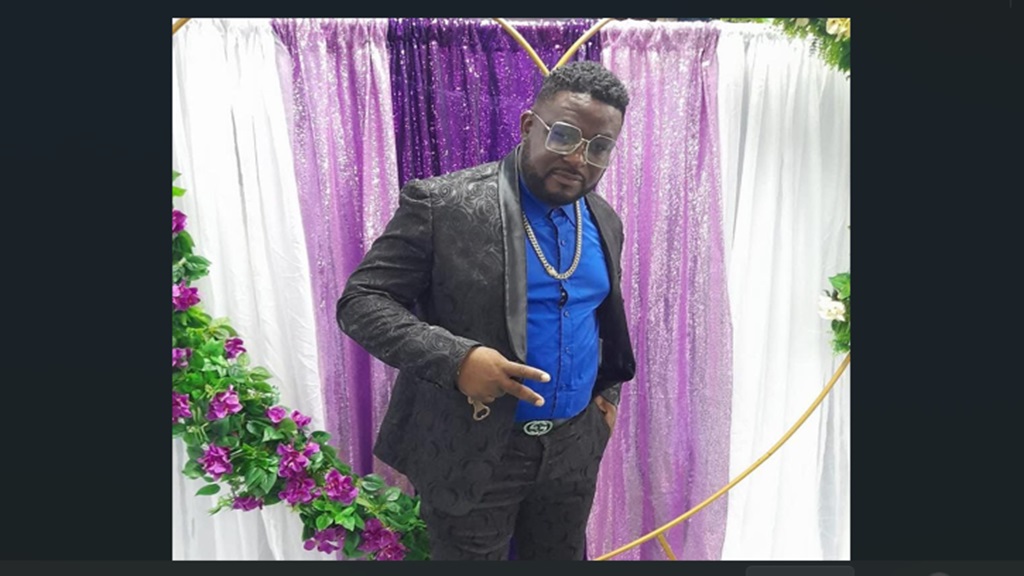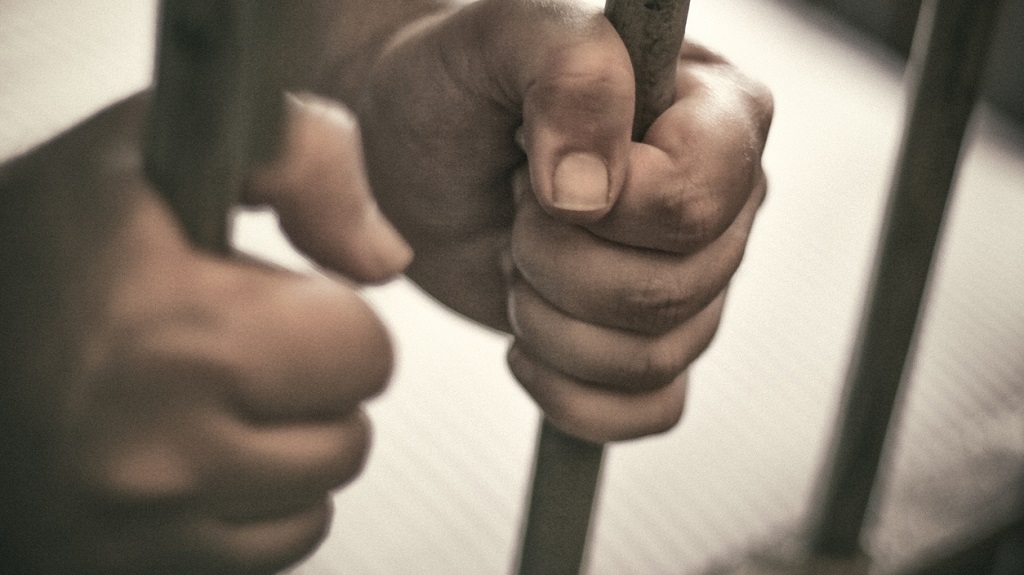US climate scientist Michael Mann has prevailed in a lawsuit that accused two conservative commentators of defamation for challenging his research and comparing him to a convicted child molester. A jury awarded Mann, who is based at the University of Pennsylvania in Philadelphia, more than US$1 million in a landmark case that legal observers see as a warning to those who attack scientists working in controversial fields, including climate science and public health.
“It’s perfectly legitimate to criticize scientific findings, but this verdict is a strong signal that individual scientists shouldn’t be accused of serious misconduct without strong evidence,” says Michael Gerrard, a legal scholar at Columbia University’s Sabin Center for Climate Change Law in New York City.
The case stems from a 2012 blog post published by the Competitive Enterprise Institute (CEI), a libertarian think-tank in Washington DC. In it, policy analyst Rand Simberg compared Mann, then at Pennsylvania State University in State College, to Jerry Sandusky, a former football coach at the same university who was convicted of sexually assaulting children, saying that “instead of molesting children, he has molested and tortured data in the service of politicized science that could have dire economic consequences for the nation and planet.” Author Mark Steyn subsequently reproduced Simberg’s comparison as he accused Mann of fraud in a blog published by the conservative magazine National Review. In the same year, Mann sued both Simberg and Steyn, as well as the CEI and the National Review, for libel, without asking for damages. The case has been winding its way through the courts ever since.
On supporting science journalism
If you’re enjoying this article, consider supporting our award-winning journalism by subscribing. By purchasing a subscription you are helping to ensure the future of impactful stories about the discoveries and ideas shaping our world today.
Mann tells Nature that he hopes the win “signals the beginning of the end of the open season on scientists by ideologically motivated bad actors. And maybe, just maybe, that facts and reason still matter even in today’s fraught political economy.”
Counting the cost
After a three-week trial in the Washington DC Superior Court, the jury ordered both Simberg and Steyn to pay $1 in compensatory damages. In addition, Steyn was ordered to pay U$1,000,000 in punitive damages, and Simberg was ordered to pay $1,000. The court had ruled earlier that neither the CEI nor the National Review could be held liable for the blog posts, because both Simberg and Steyn were independent contributors and not employees of the organizations.
The jury’s decision comes at a time of increasing political polarization that has left many scientists in the United States and beyond vulnerable to verbal abuse and harassment, both online and in person. Climate scientists have become accustomed to such attacks over more than a decade; a global survey published last year indicated that scientists are suffering both physically and emotionally as a result. Many biologists and public-health scientists have encountered similar attacks since the onset of the COVID-19 pandemic.
The verdict represents “a big victory for truth and scientists everywhere who dedicate their lives answering vital scientific questions impacting human health and the planet,” Mann’s attorney, Peter Fontaine, said in a prepared statement.
Scientists who say that they, too, have faced harassment from science denialists are cautiously optimistic. “I have been subjected to similar classes of attacks, both on my science and on myself as a person,” says Kim Cobb, a palaeoclimatologist at Brown University in Providence, Rhode Island. “Mann is certainly out there on the front lines, and not by choice.”
Hockey-stick fame
Mann achieved notoriety after reconstructing global temperature trends spanning a 1,000-year period in a pair of papers published in 1998 and 1999. That work included what came to be known as the ‘hockey-stick graph’ — a plot depicting a gradual decline in temperatures over much of the past millennium, followed by a sharp spike in the twentieth century, after the industrial revolution boosted greenhouse-gas emissions in the atmosphere.
The hockey-stick graph became a symbol of human interference in the climate system and was reproduced by many others, including the United Nations Intergovernmental Panel on Climate Change. “In a simple picture that a kindergartner can understand, you internalize just how unprecedented the current climate trends are in the context of natural variability,” says Cobb. “It’s one of the most enduring and well-reproduced contributions in climate science.”
Because of his work, Mann became a target of criticism from climate-science deniers. Some of his e-mails, as well as others discussing his work, were among a trove of thousands of documents that were released after being illegally obtained from the University of East Anglia, UK, in 2009. Critics claimed that some of the e-mails showed an attempt to manipulate climate data to indicate global warming rather than cooling. The following year, Mann was targeted in an investigation by Virginia’s then attorney-general Ken Cuccinelli, a conservative who questioned whether Mann had used fraudulent data to obtain grants while at the University of Virginia in Charlottesville in 1999–2005. Demands for relevant documents and communications were eventually denied by the Virginia Supreme Court in a case that many saw as a win for academic freedom.
High burden of proof
In the latest case, Mann went on the offensive. But he faced a high burden of proof owing to his own notoriety: as a public figure, Mann and his attorneys had to prove not only that the defendants published false statements, but also that they acted with malice. “It is not easy to prove defamation against a public figure,” says Lauren Kurtz, executive director of the Climate Science Legal Defense Fund, an organization in New York City that was formed in 2011 to advocate for Mann and other scientists who were being targeted and harassed by climate-change sceptics.
Scientists that Kurtz has worked with have expressed some hope for the future in response to yesterday’s verdict. But she warns that Mann’s case was unusually clear-cut: the defendants accused him of fraud, but multiple investigations run by institutions such as the US National Science Foundation, which provided him with funding, and Pennsylvania State University, his former employer, have cleared him of wrongdoing and upheld his research findings.
“This case might give a few commentators a moment’s pause, but it is certainly not going to lead to a rush to the courthouse by other scientists,” Gerrard says.
This article is reproduced with permission and was first published on February 9, 2024.
Note: This article have been indexed to our site. We do not claim legitimacy, ownership or copyright of any of the content above. To see the article at original source Click Here












